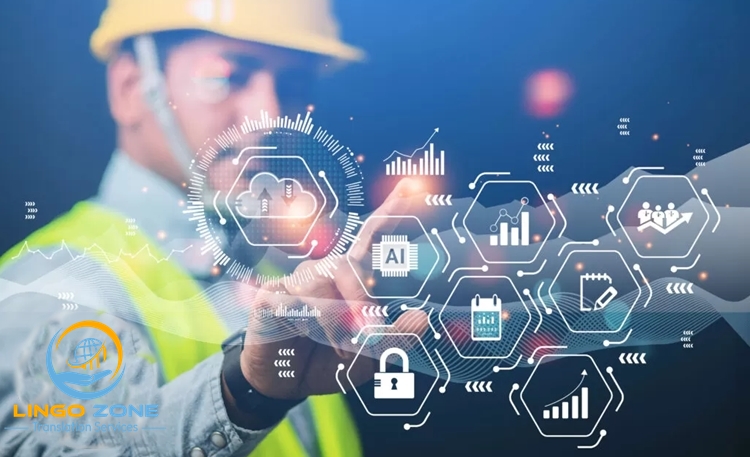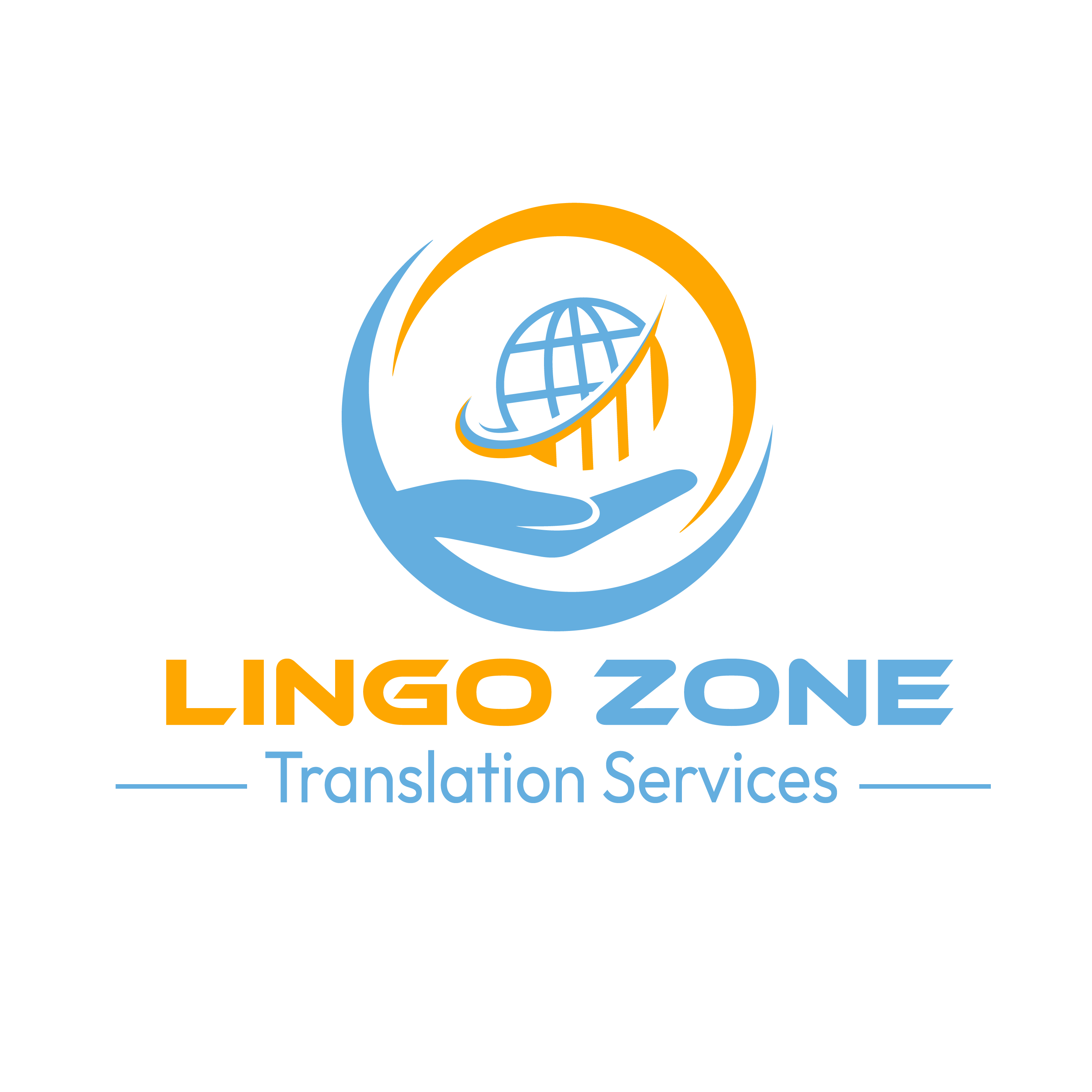
From the factory floor to global markets, your business needs to master the language of global manufacturing because you should not let your product instructions get lost in translation—ensure they’re crystal clear for everyone!
Research shows that 75% of consumers prefer shopping in their native language. They’re not just wanting to shop; they’re wanting to experience. If your product doesn’t translate to their world, they’re likely to see it as a foreign invader rather than a trusty ally. The translated product has already won half the battle just by speaking their language.
What is a Manufacturing translation service?
Manufacturing translation services help manufacturers communicate clearly across the world. As businesses expand globally, they need accurate translations of technical documents, marketing materials, and user manuals. This ensures that important information is correctly shared with stakeholders, clients, and suppliers in different regions.
Why do you need manufacturing translation services?
In a world where globalization cranks up competition and opportunity, effective communication is paramount. Manufacturing companies often work with international partners who speak different languages and have different cultures. If your product description is in English, but your potential buyer is more fluent in Mandarin, they might feel like they’re reading a secret menu. Translated descriptions not only build trust but also scream, “Hey, we care about you!” Meanwhile, English-only listings make customers think, “Are they hiding the ingredients, or just hoping I won’t ask?”
Manufacturing translation services make sure that all communications are accurate and relevant. This not only improves your business’ operational efficiency but also ensures compliance with local regulations. Misunderstandings can cause costly errors, production delays, and safety issues.
Thus, investing in professional translation services in Dubai is vital for your manufacturing business aiming to succeed globally. So here are the 7 Things You Need to Know about Manufacturing translation services.
1. Requires Specialized Knowledge: Manufacturing Needs More Than Just a Dictionary
Manufacturing translation isn’t just about swapping words; it goes way beyond standard language translation! It’s about capturing the technical nuances and industry-specific terms that make your message clear and impactful. Translators must be familiar with manufacturing processes, materials, and standards to produce accurate translations that maintain the integrity of the original documentation.
For instance: Consider the phrase “three-phase welding technique.” A translator unfamiliar with industrial processes might translate it literally, missing the fact that it refers to a specific method crucial for creating strong welds. They could unintentionally instruct users on the wrong technique!
Or, Imagine translating terms like “g-code,” “toolpath,” and “spindle speed” in a manual for a CNC (Computer Numerical Control) machine without knowing what it refers to. Without this knowledge, the translation could leave engineers scratching their heads—or worse, mistakenly using a nut where a bolt is needed!
2. Types of Documents Translated
Manufacturing translation services cover a wide array of documents, including technical manuals, product specifications, marketing content, safety guidelines, and training materials. Different types of documents need different translation styles and skills to get the message across clearly.
Document Type | Description |
Technical Documents | Manuals, specifications, and guides require precise language to avoid confusion in technical jargon. |
Legal Documents | Contracts, agreements, and court filings that demand accuracy to prevent misunderstandings and legal issues. |
Financial Documents | Reports, investment contracts, and tax forms needing precise numerical and financial translations. |
Marketing Documents | Brochures and press releases that must connect with local cultures while retaining brand voice. |
+—————————+
| Manufacturing Translation |
| Services |
+—————————+
/ | \
/ | \
/ | \
/ | \
+———-+ +———–+ +———–+
| Technical| | Safety | | User |
| Manuals | | Instructions| | Manuals |
+———-+ +———–+ +———–+
\ | /
\ | /
\ | /
+—————————+
| Regulatory Documents |
+—————————+
3. Role of Technology
Imagine a technical manual for a complex assembly machine. If a translator encounters the term “torque specifications” multiple times, a CAT tool will automatically pull up the correct translation from its memory, saving time and ensuring uniformity. The use of technology in manufacturing translation is becoming increasingly prevalent. Translation memory tools and computer-assisted translation (CAT) software help ensure consistency, speed, and efficiency in the translation process.
However, while technology can assist with repetitive tasks, the nuanced understanding that human translators provide remains irreplaceable for technical documents. Take the example of safety guidelines in a manufacturing setting; accurately translating terms like “lockout/tagout procedures” requires more than just linguistic prowess. A human translator familiar with safety protocols will understand the critical implications behind the terminology, ensuring that no detail is lost in translation.
4. Localization Matters
Localization is a key aspect of manufacturing translation services. It’s not just about translating the words but adapting the content to fit the cultural and regulatory contexts of the target audience. This may include adjusting measurements, modifying images, or altering terms to better resonate with local users. Accurate localization enhances user experience and improves product acceptance in different markets.
Consider a user manual, for example, for a complex piece of machinery. If it’s being marketed in the United States, it might use imperial measurements (inches and pounds), while the same manual for European customers would need to switch to metric units (centimeters and kilograms). This seemingly small modification can significantly impact the user experience and comprehension.
5. Compliance and Regulatory Standards
Manufacturers must comply with various local and international regulations, which can vary widely between regions. Multi Lingua Legal Translation LLC ensure that technical documents meet these legal requirements, thus minimizing the risk of costly compliance violations. Manufacturers must choose translation partners familiar with industry-specific regulations. For instance, a company that manufactures medical devices requires translators who understand medical regulations, such as the Medical Device Regulation (MDR) in Europe.
6. Quality Assurance Process
Quality assurance is critical in manufacturing translation to maintain high standards. Companies often seek ISO-certified translation providers, which adhere to stringent quality control measures. This ensures accurate translations that mitigate risks associated with miscommunication.
Translation services ensure that translated documents meet industry standards outlined by organizations like the American National Standards Institute (ANSI) or the International Organization for Standardization (ISO). An example can be seen in the tech industry, where clear user documentation is essential for meeting regulatory compliance for software products.
7. The Costs and Benefits
While professional translation services may have some upfront costs, the savings and efficiency gains are totally worth it! Accurate translations help prevent expensive mistakes and misunderstandings that could slow down production or hurt your reputation. So, investing in manufacturing translation isn’t just smart—it’s essential.
As manufacturing processes go global, high-quality translation services are more important than ever! Companies that use these services not only meet local regulations but also set themselves up for long-term success in a competitive market. By understanding these key points, manufacturers can break down barriers and grab opportunities worldwide, taking their businesses to new heights!
Why Select Us for Your Translation Services In Dubai?
Choosing professional translation and localization services is a strategic move for your business’s international success. As a leading translation agency in Dubai, we provide a comprehensive range of language solutions, including legal translations, marketing translations, website localization, and additional services tailored to your needs.
Our dedicated team consists of native-speaking linguists, subject matter experts, and quality assurance professionals committed to delivering high-quality translations that resonate with your target audience and propel your business growth.
Are you prepared to expand your global reach? Reach out to us today, and let’s collaborate to navigate the challenges of international communication effectively.



